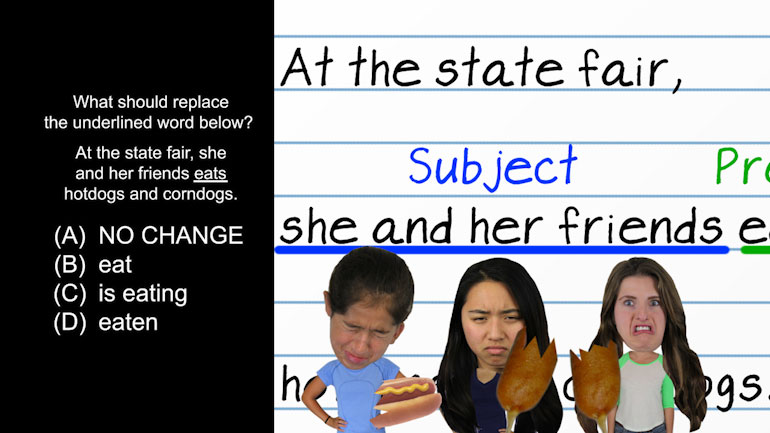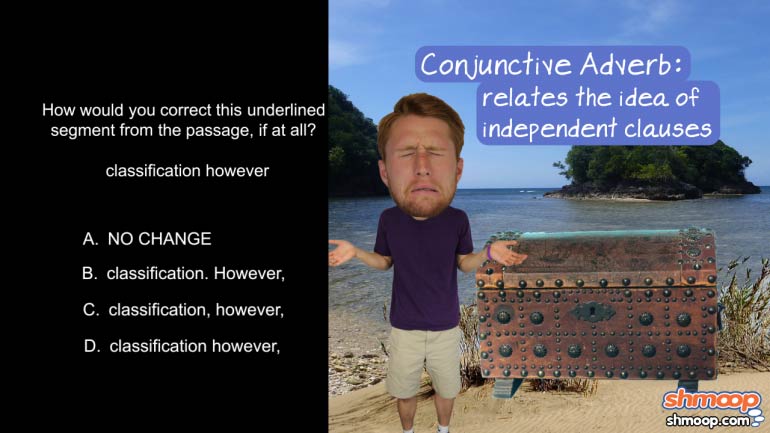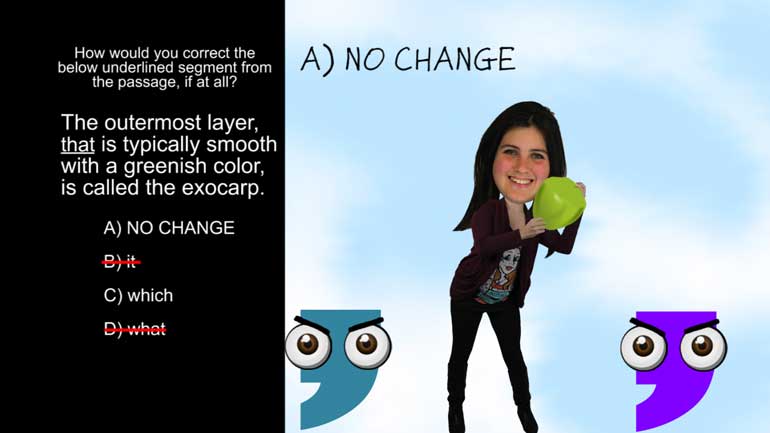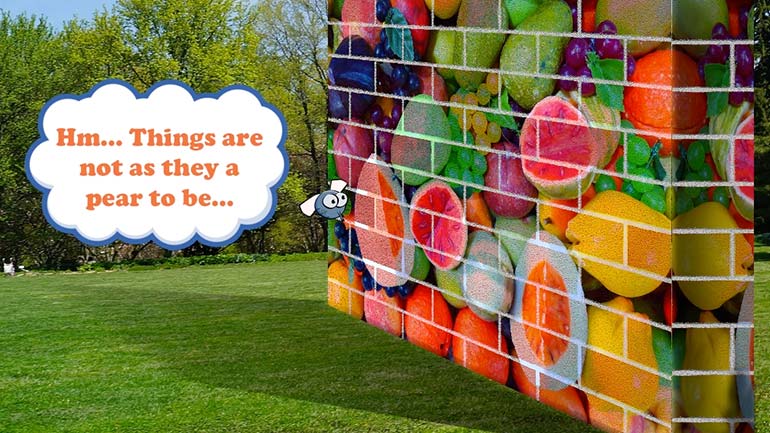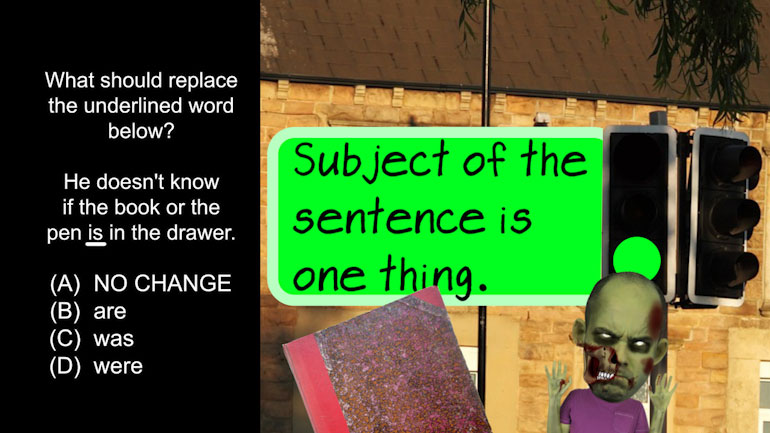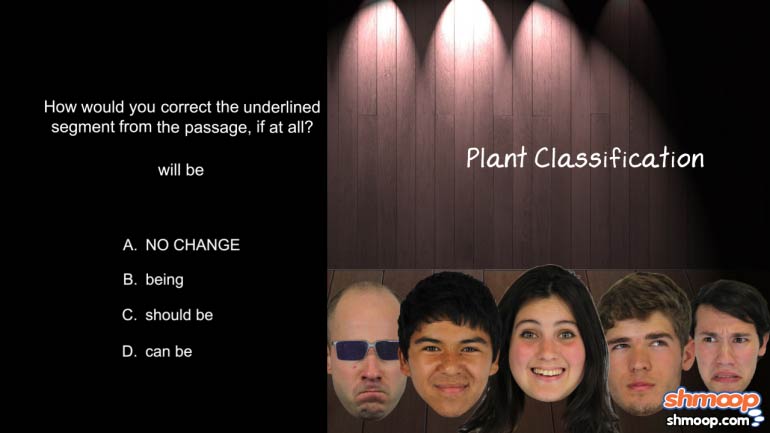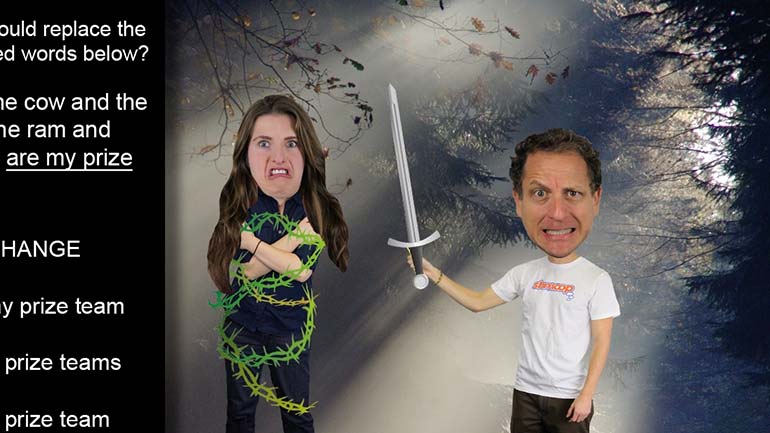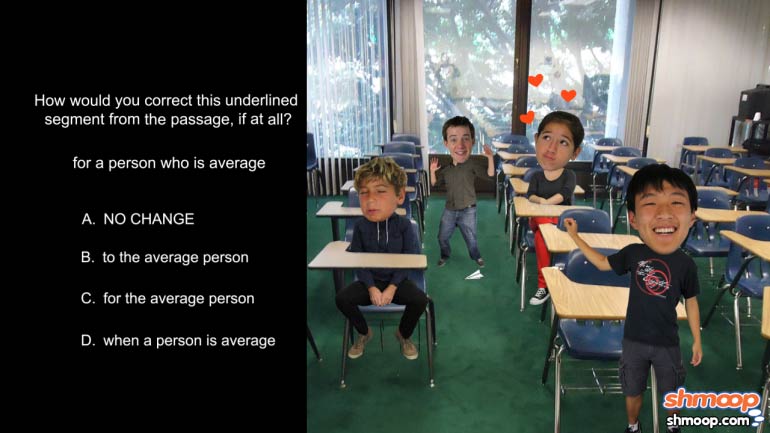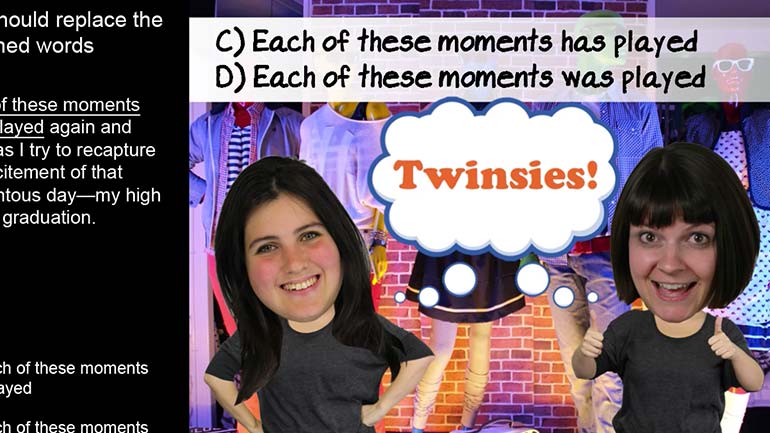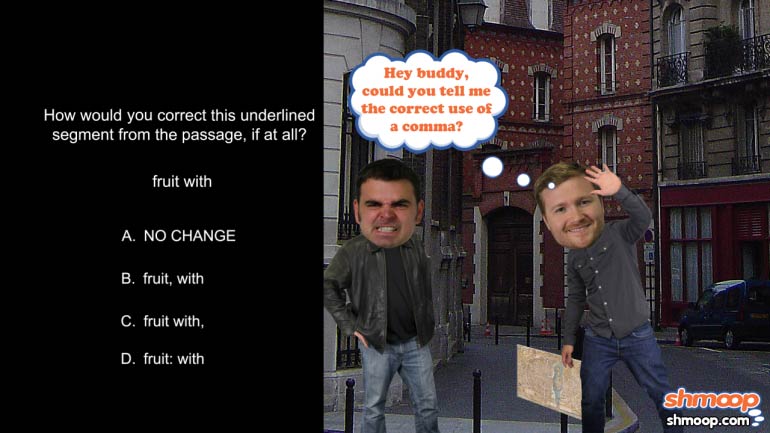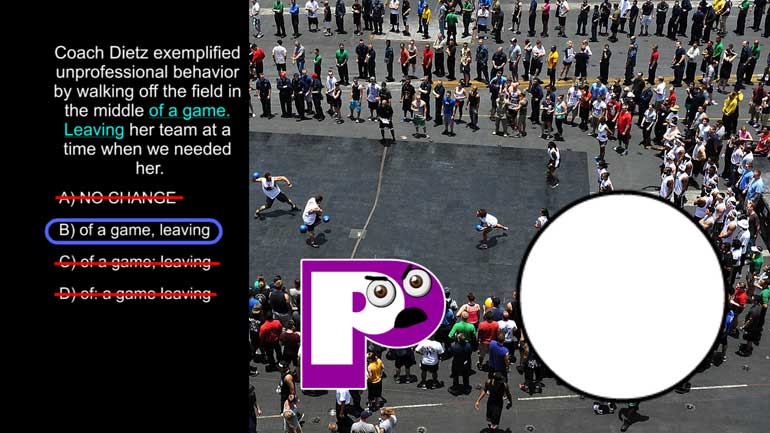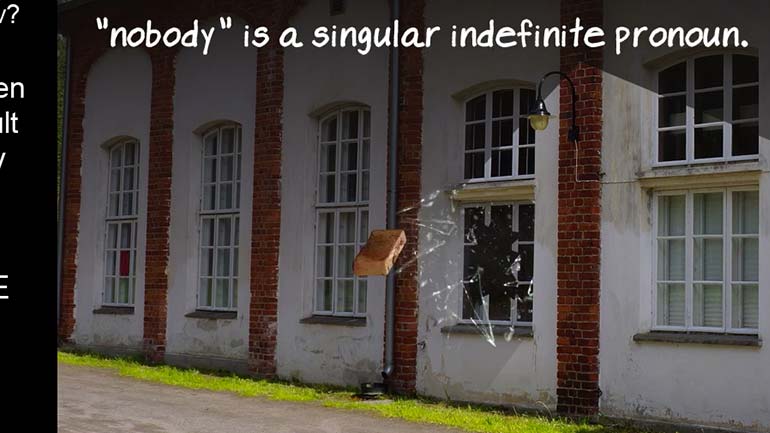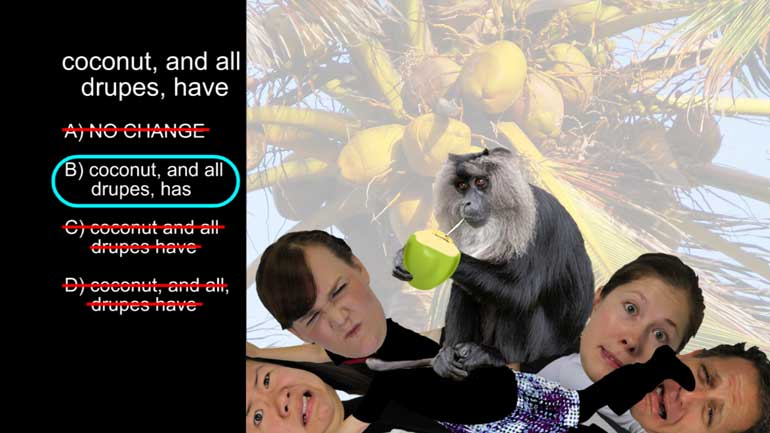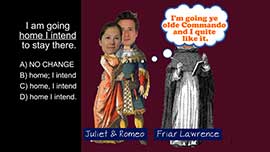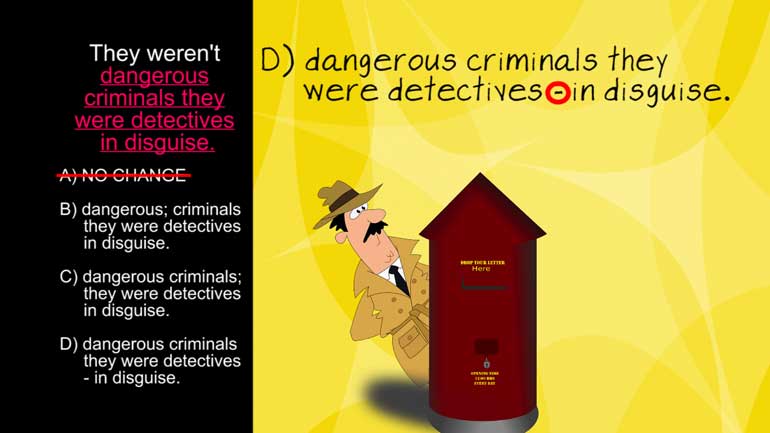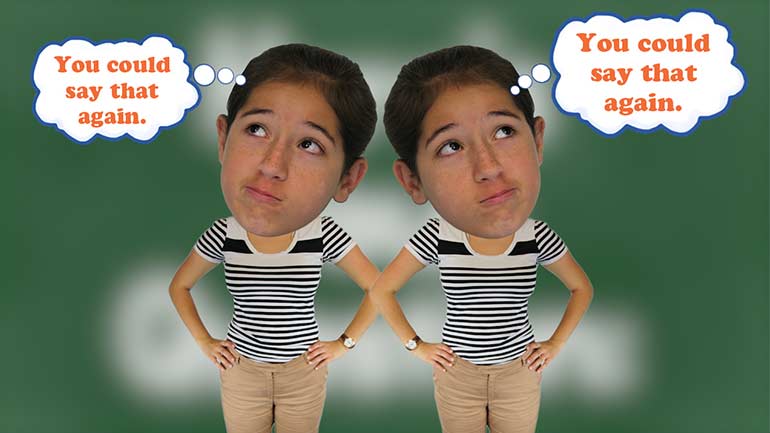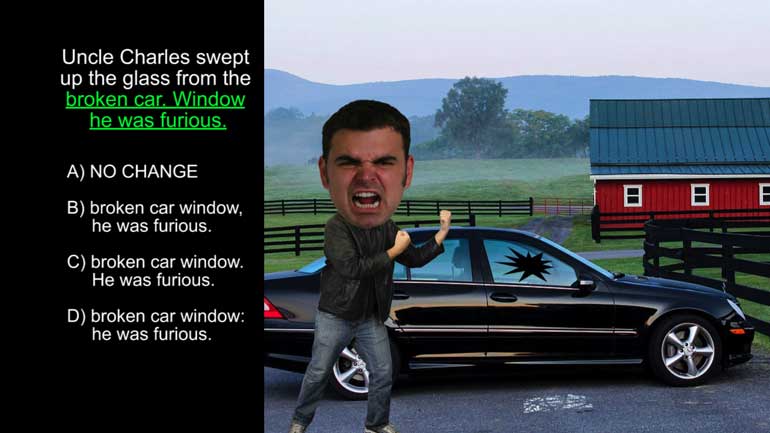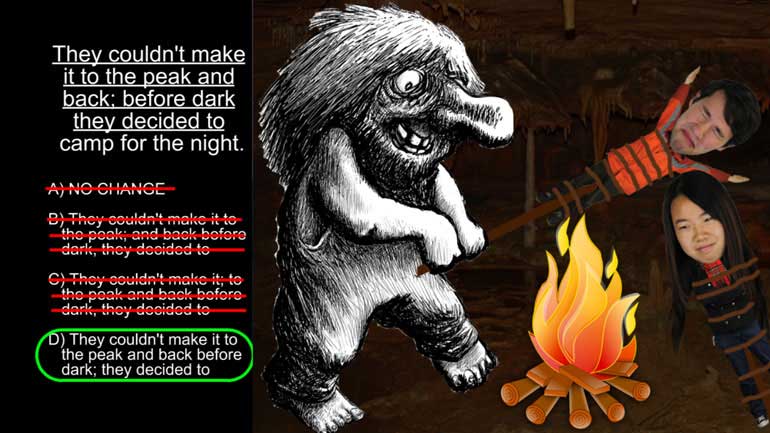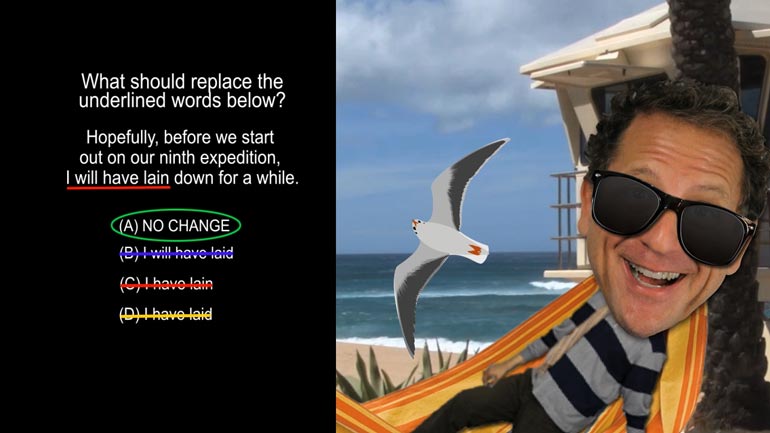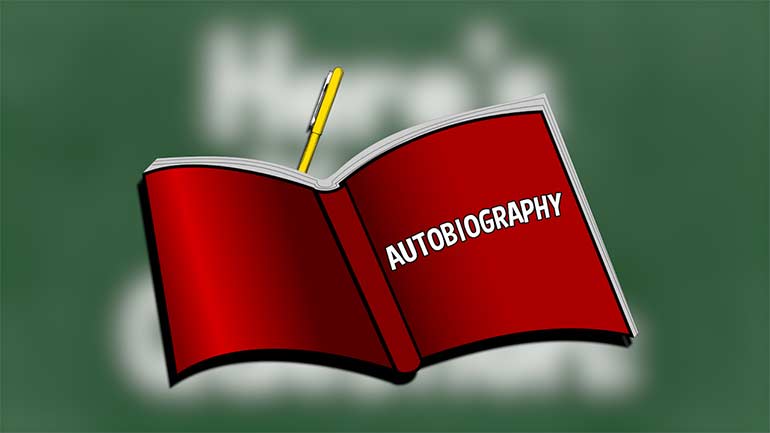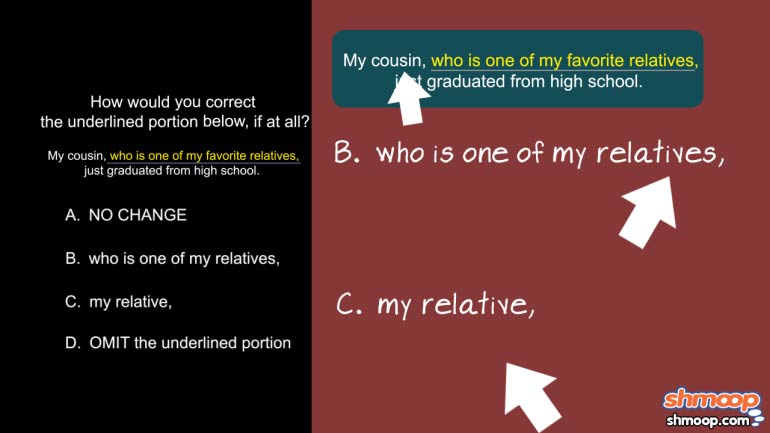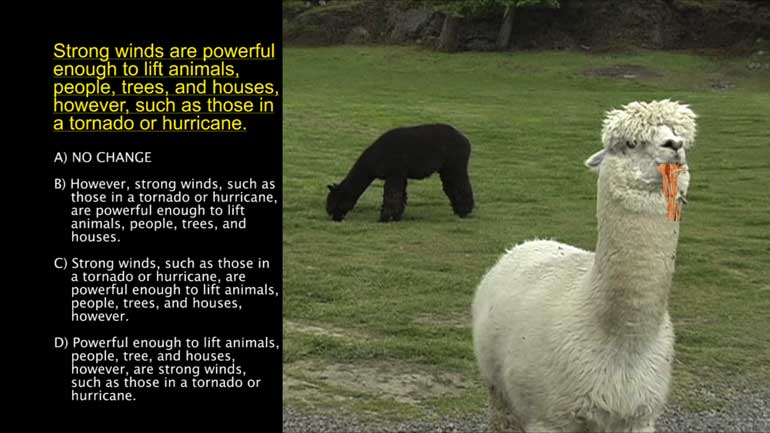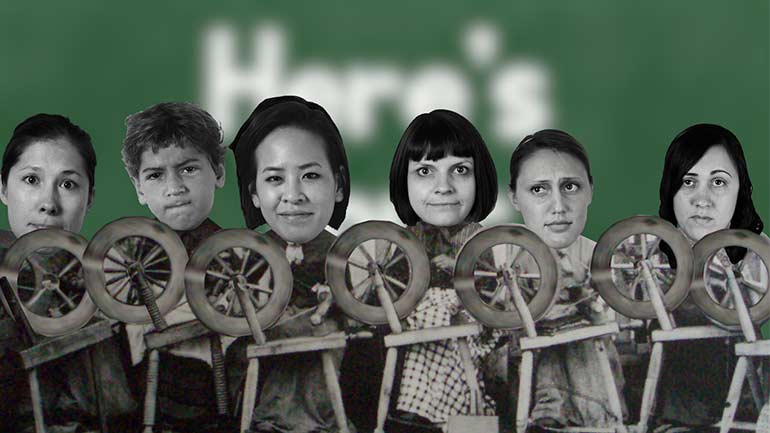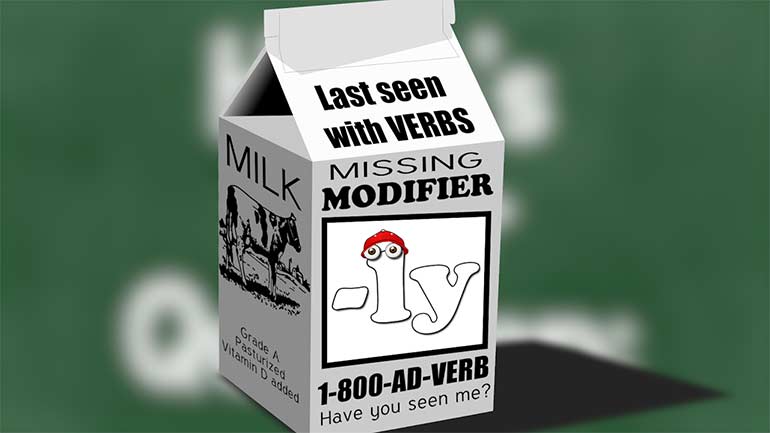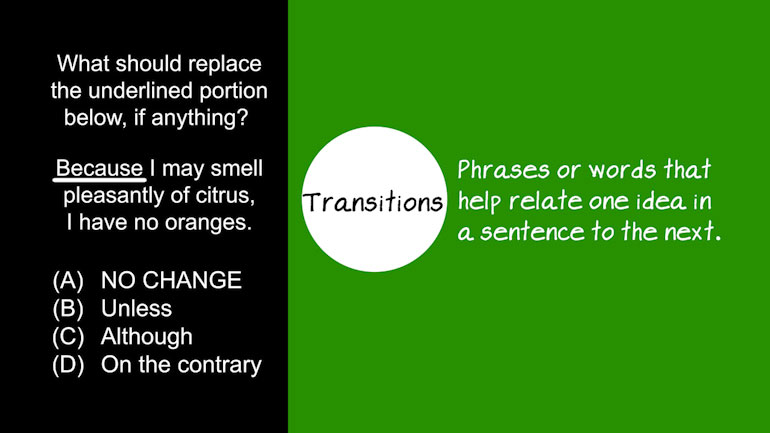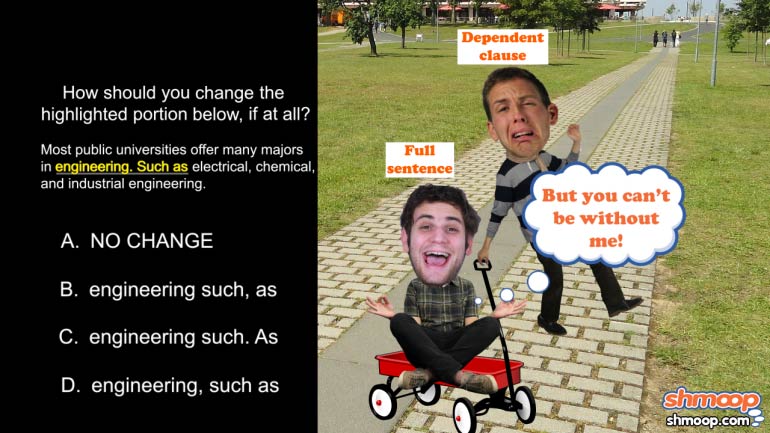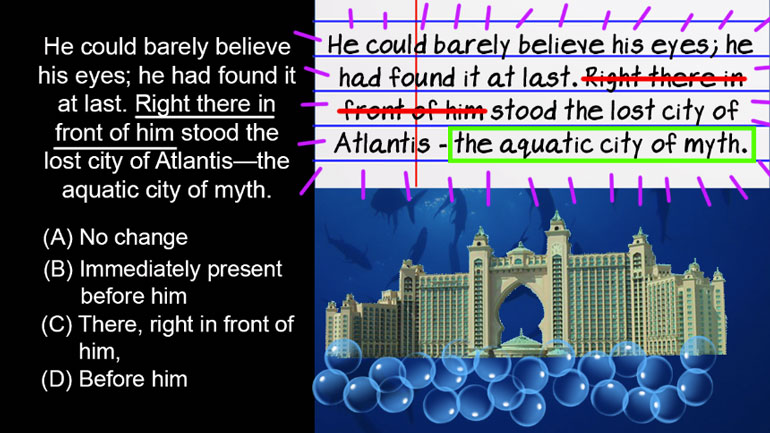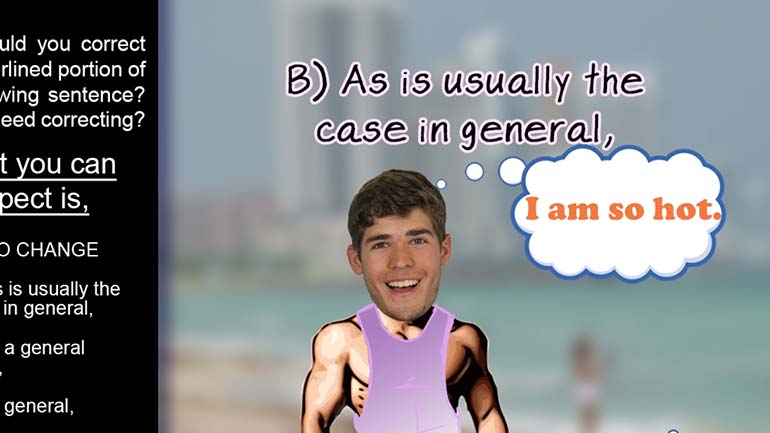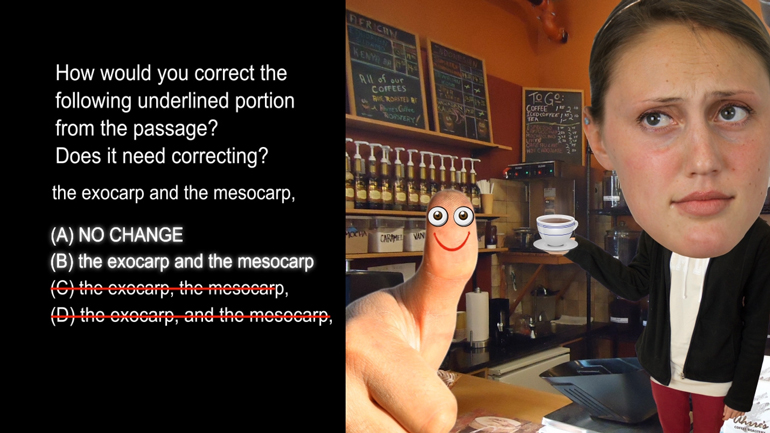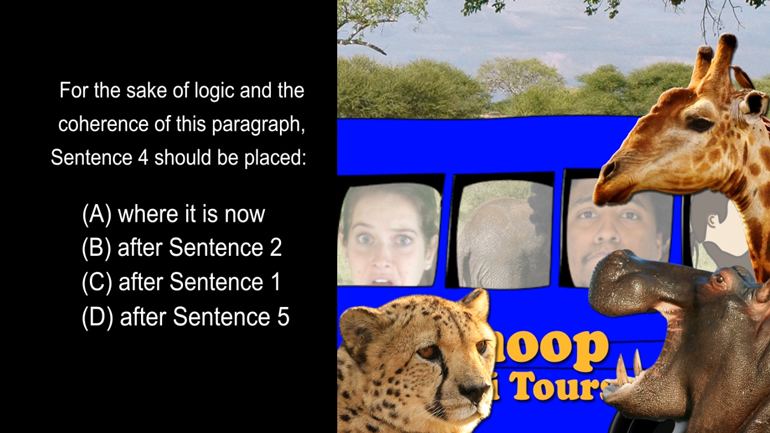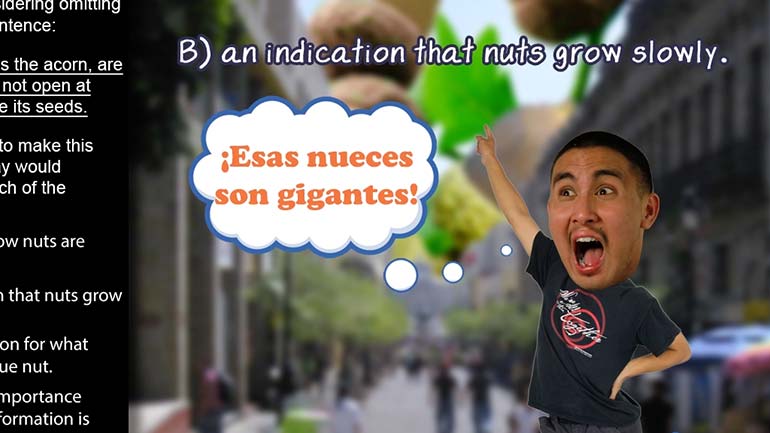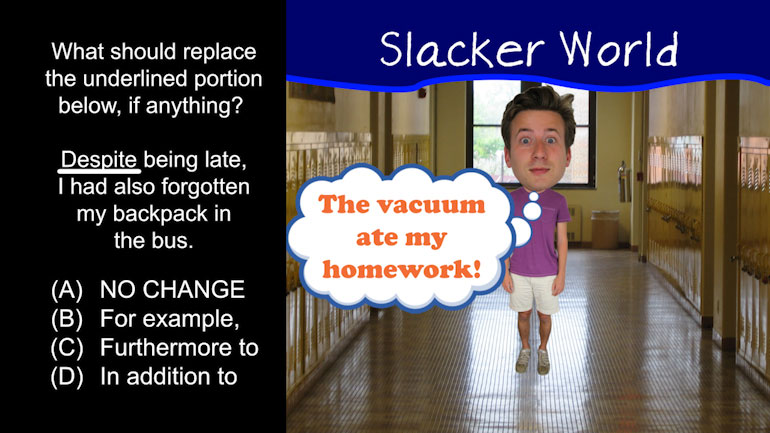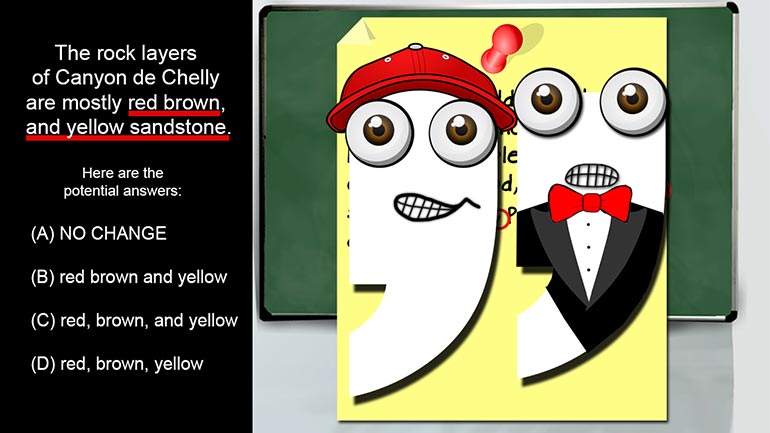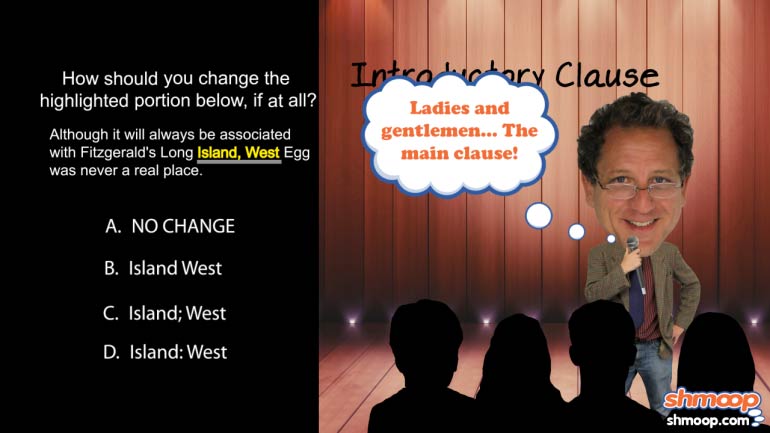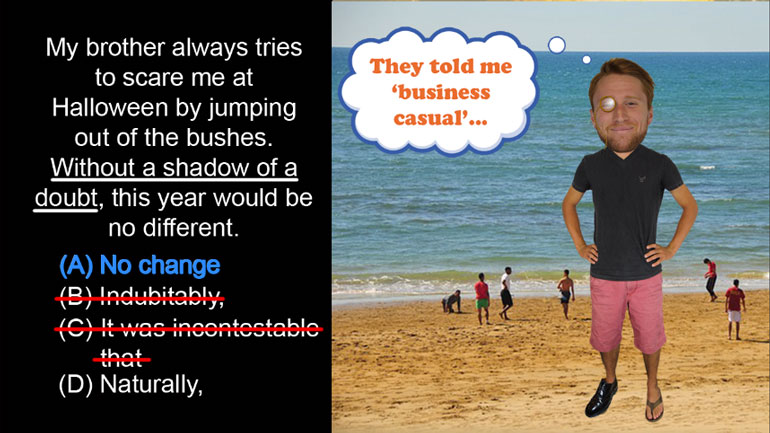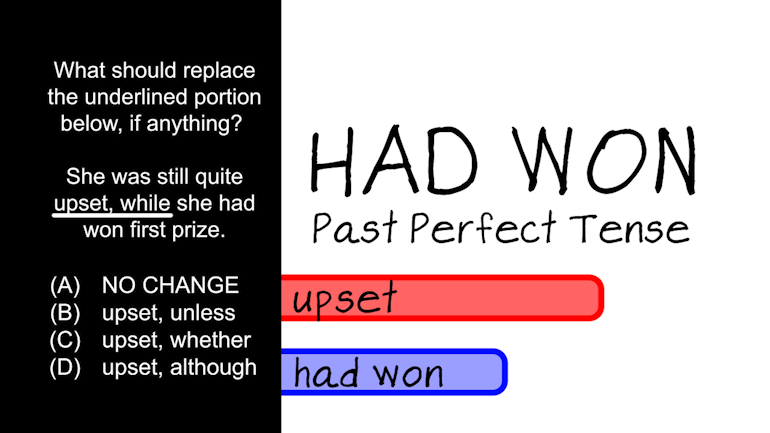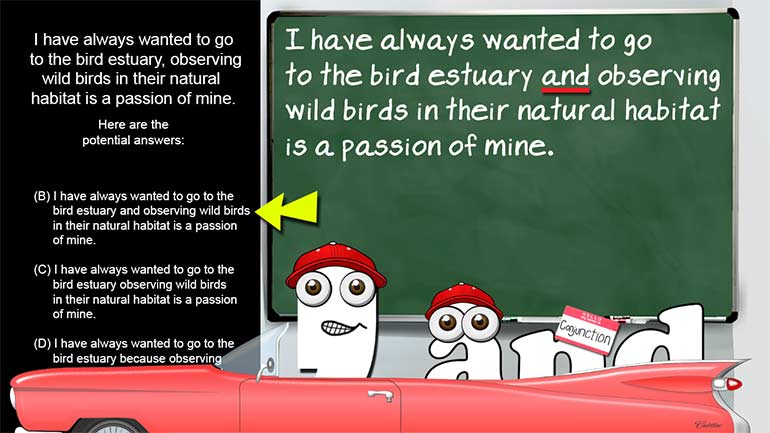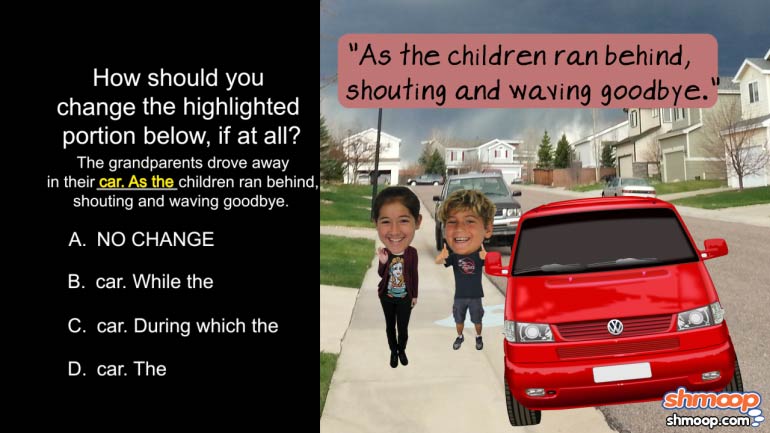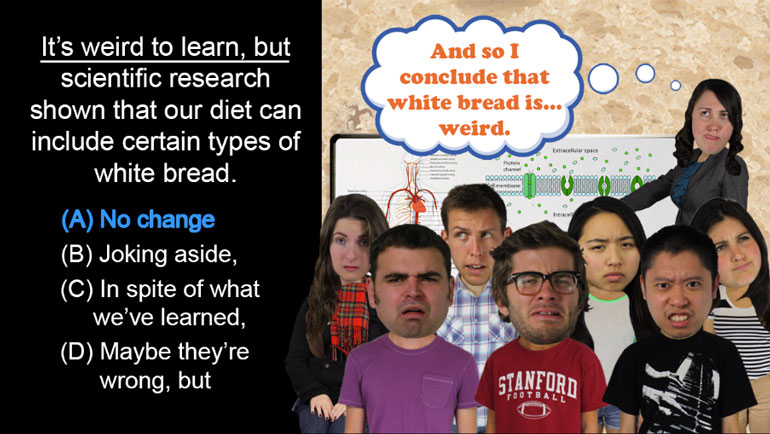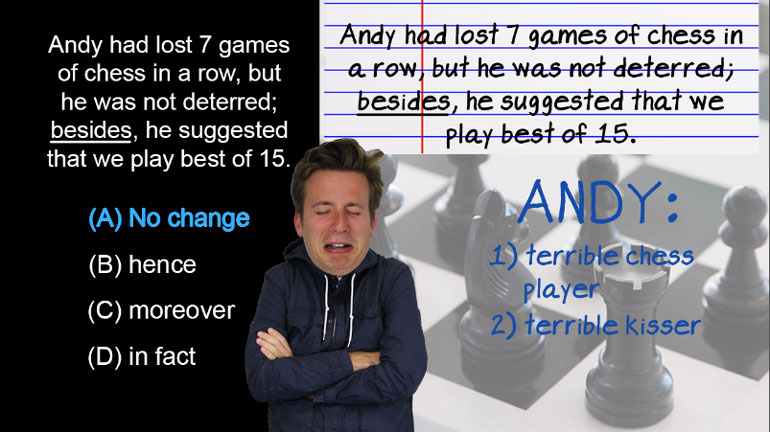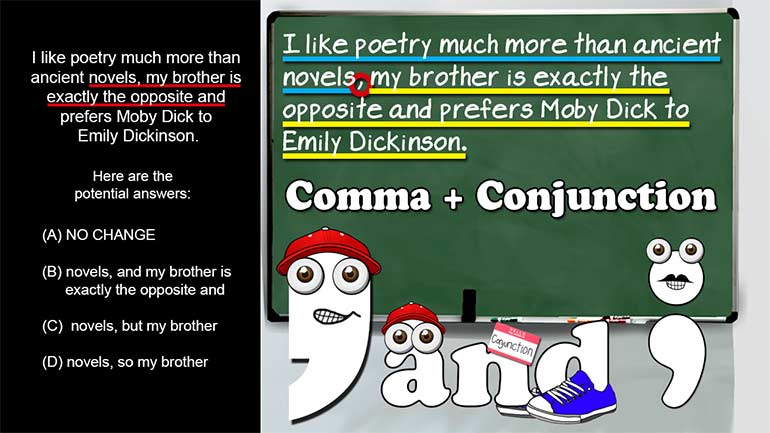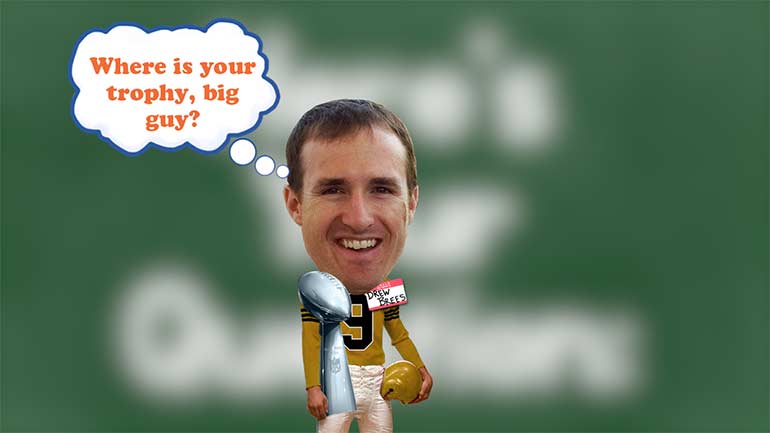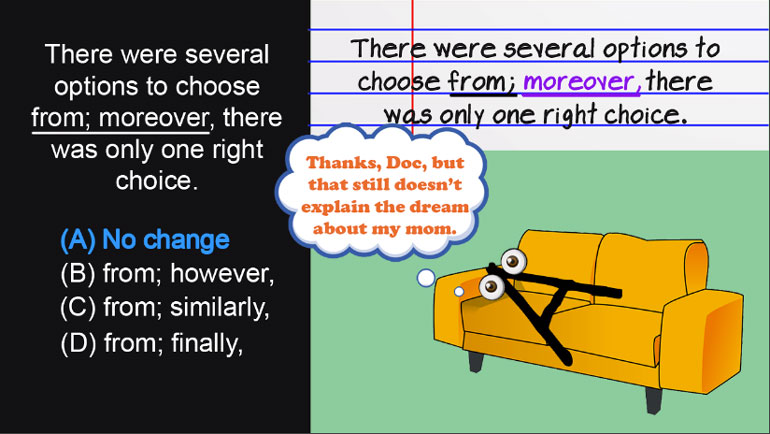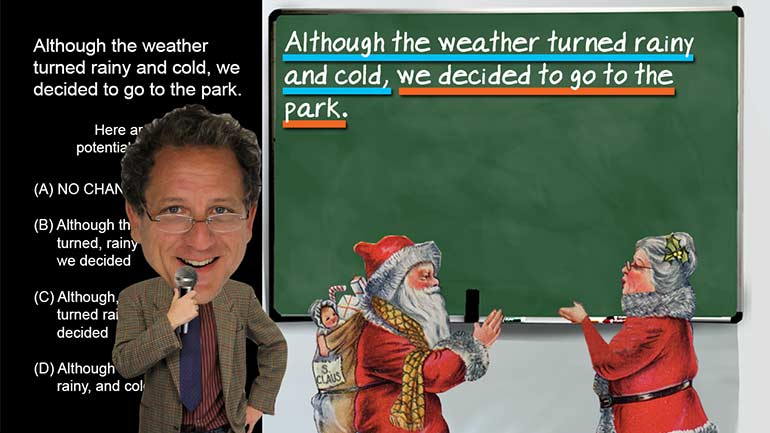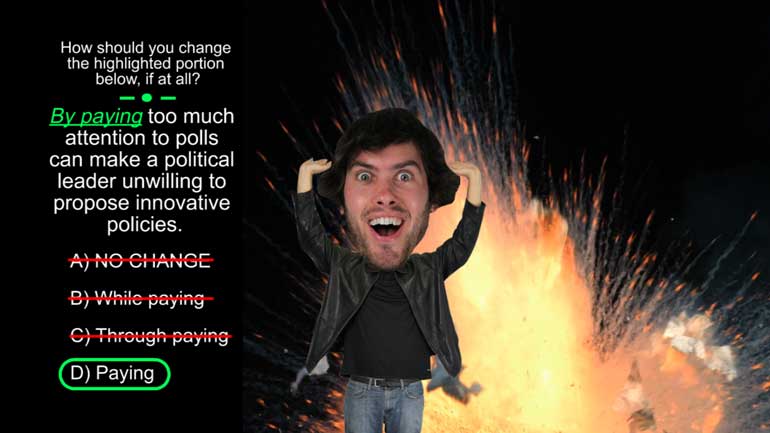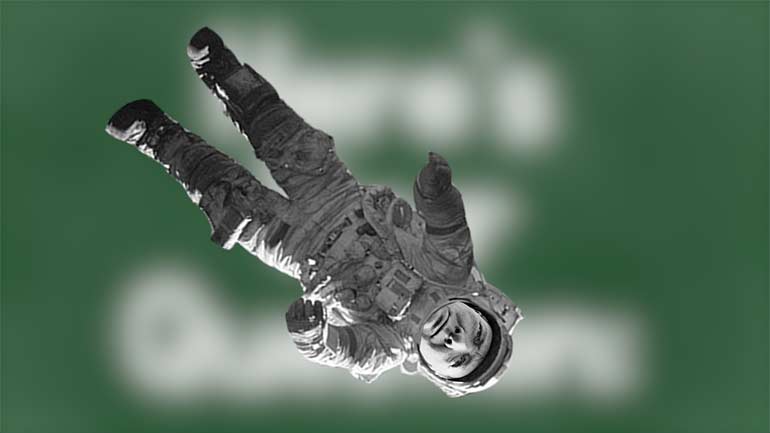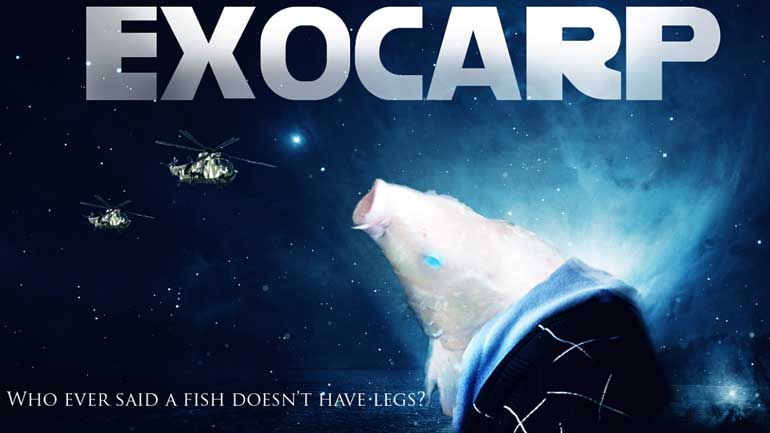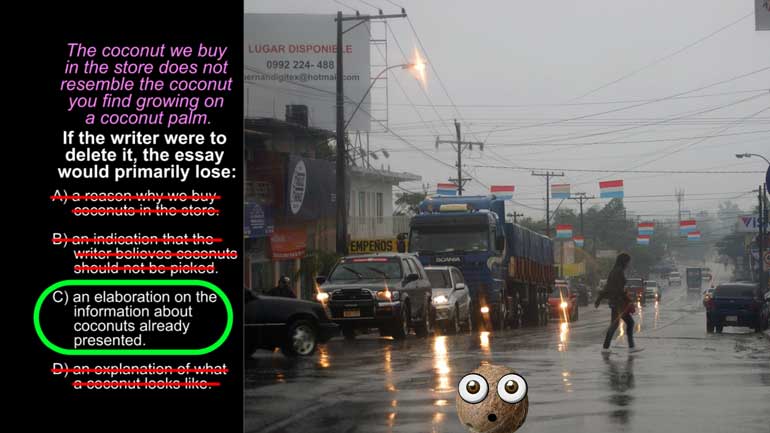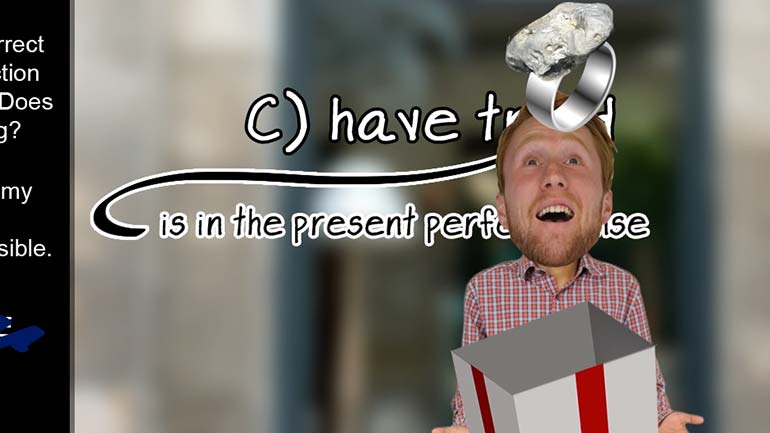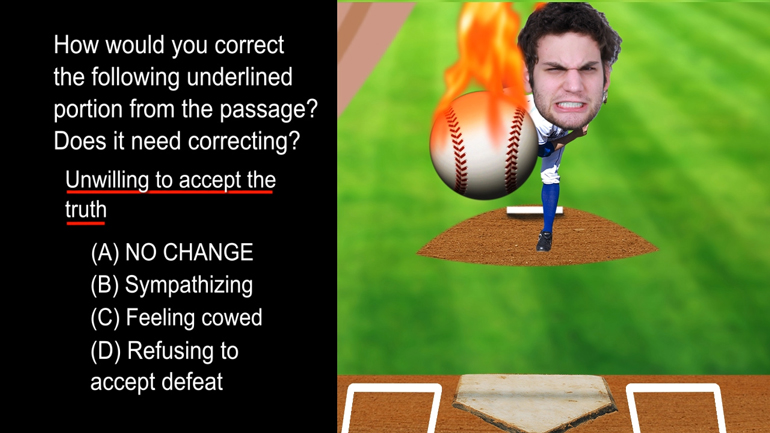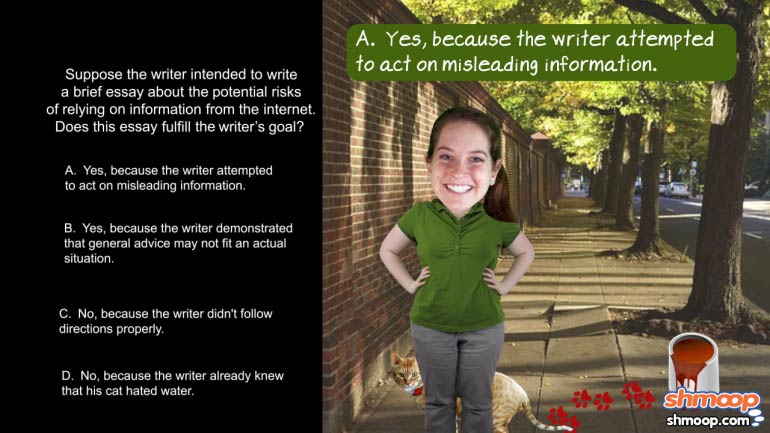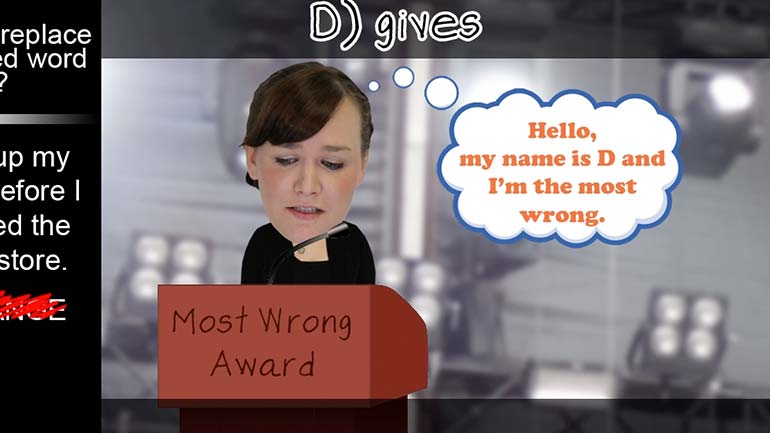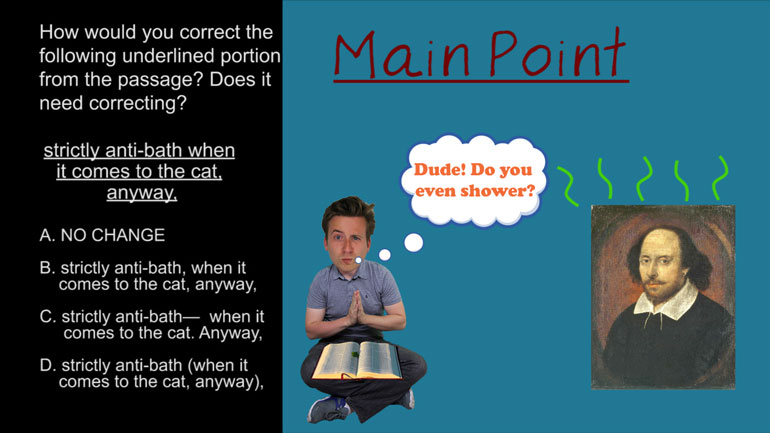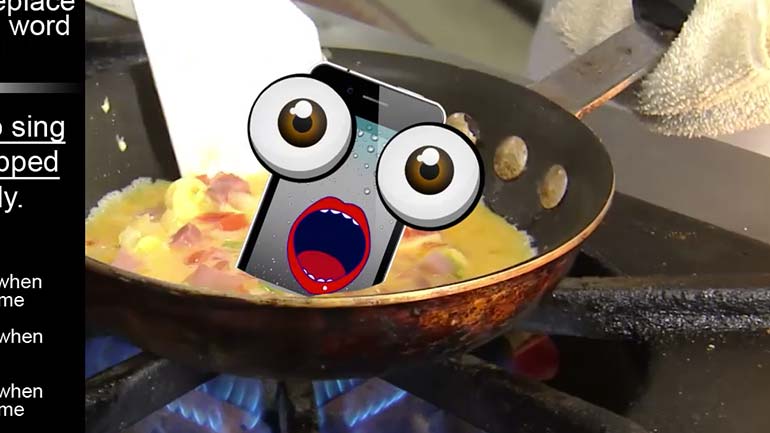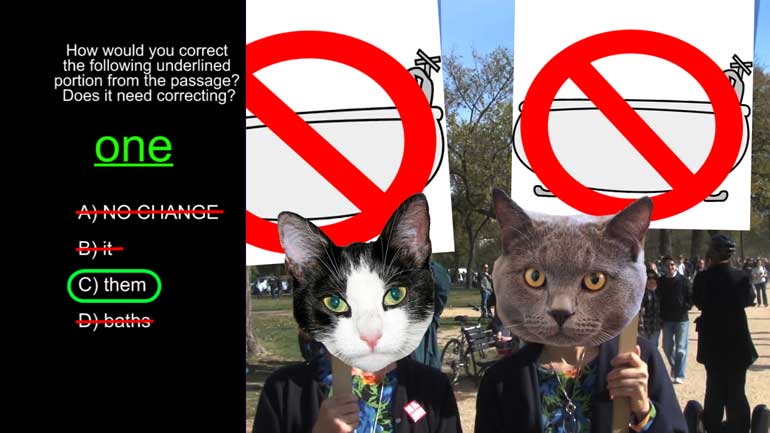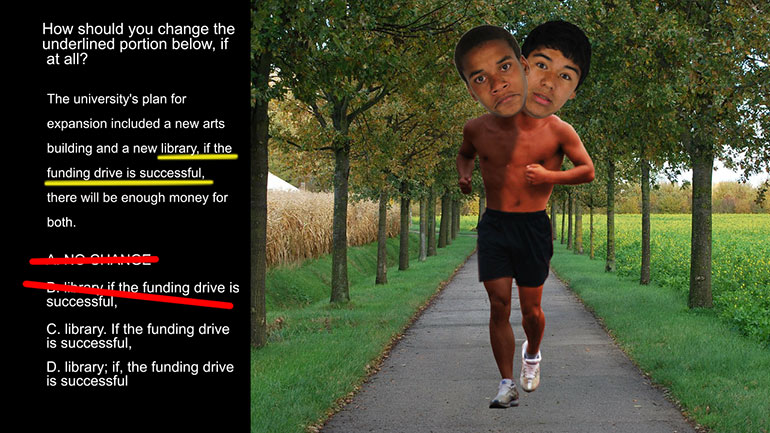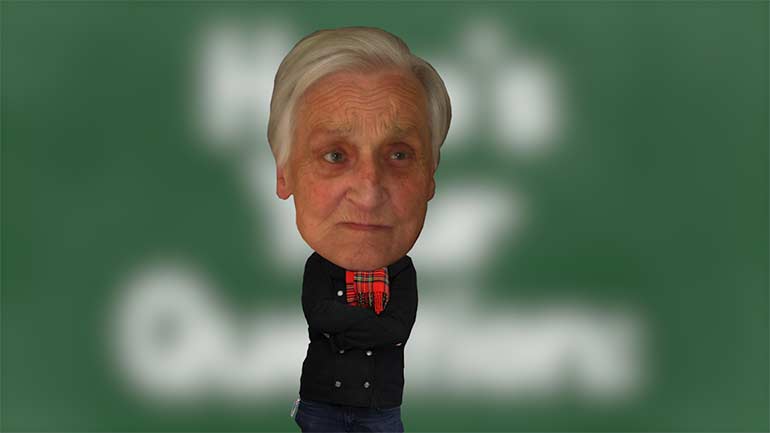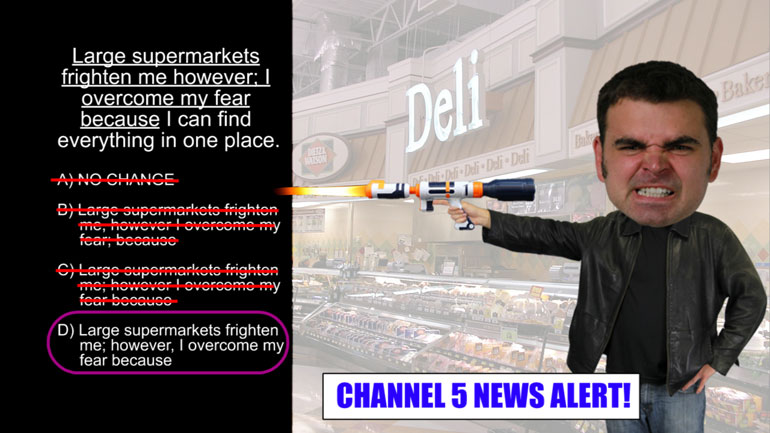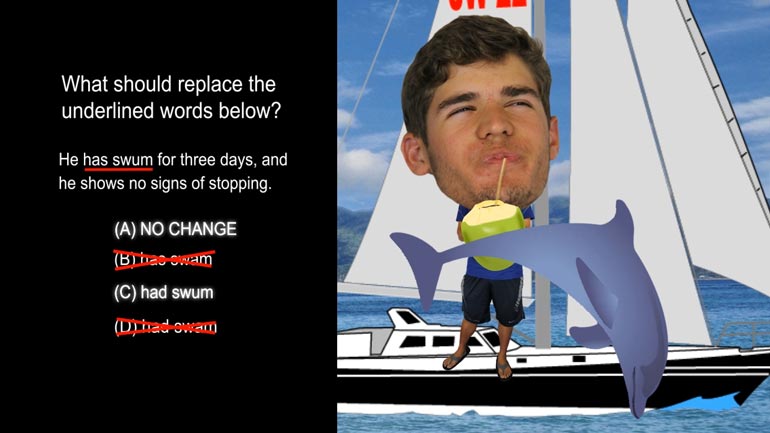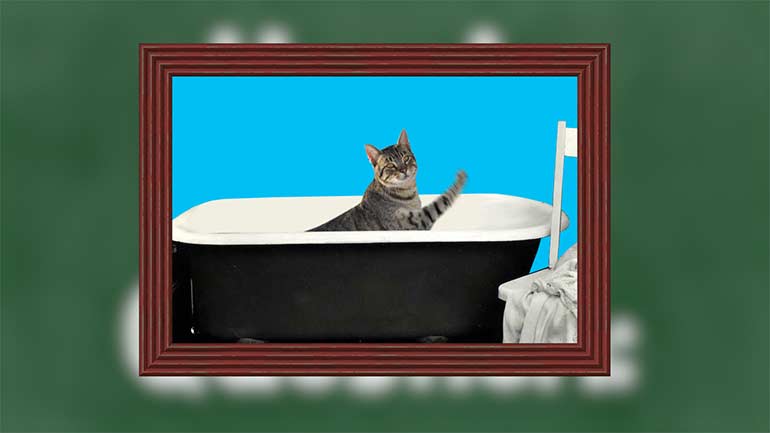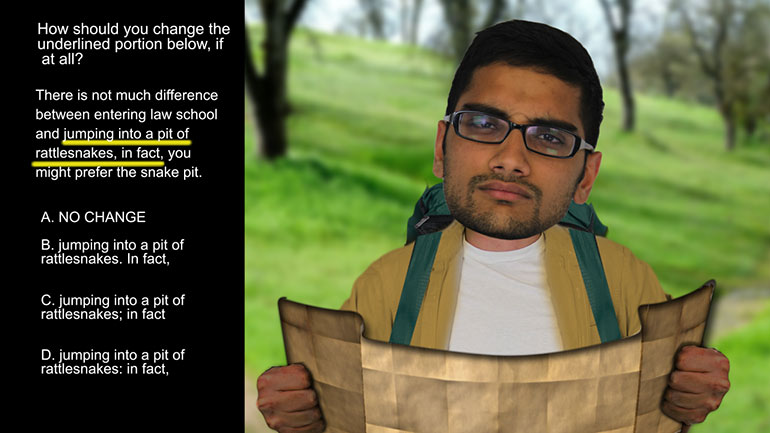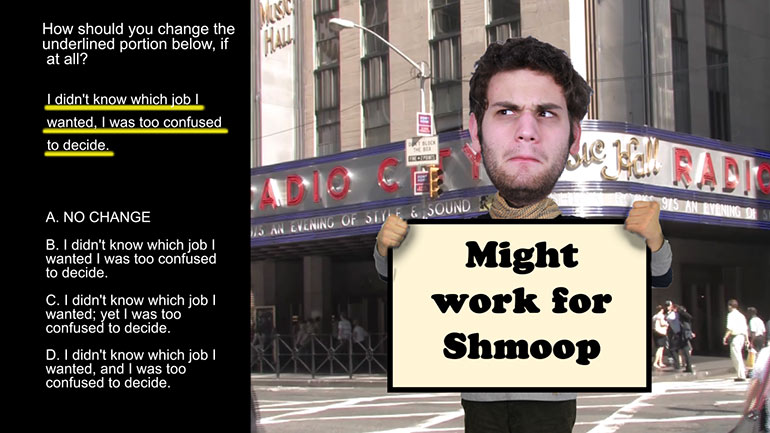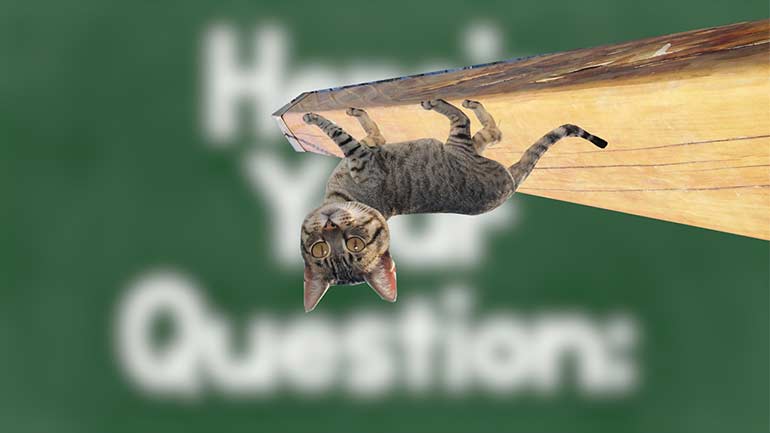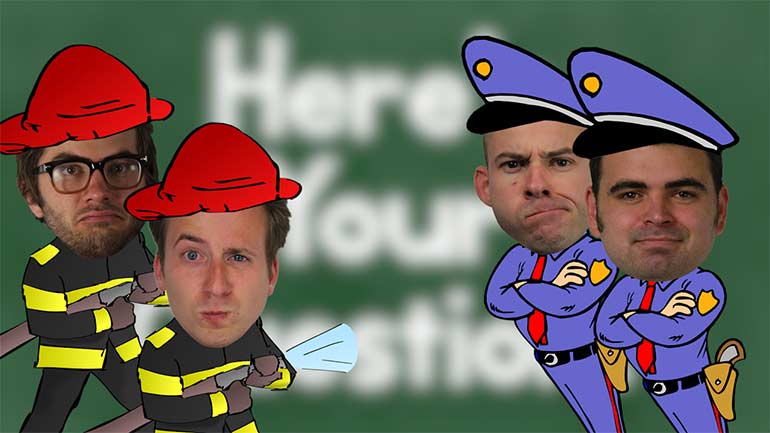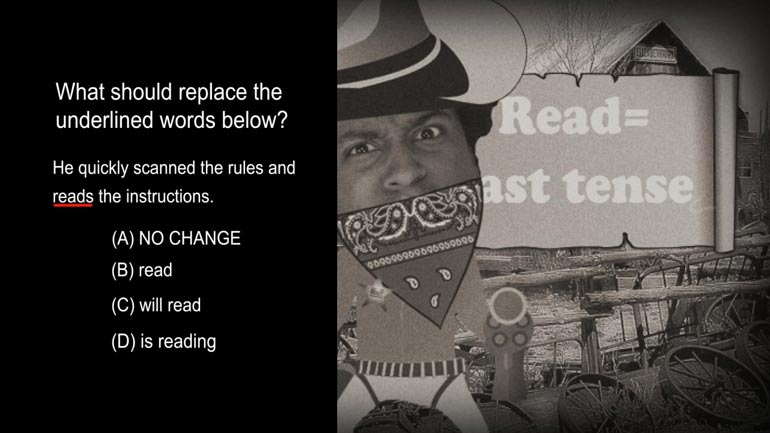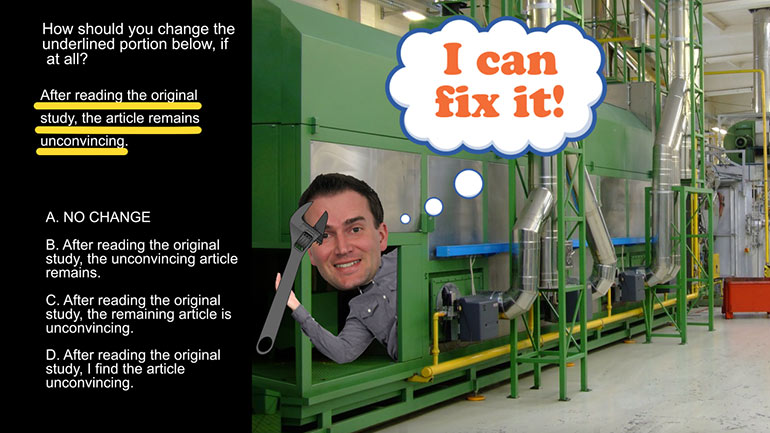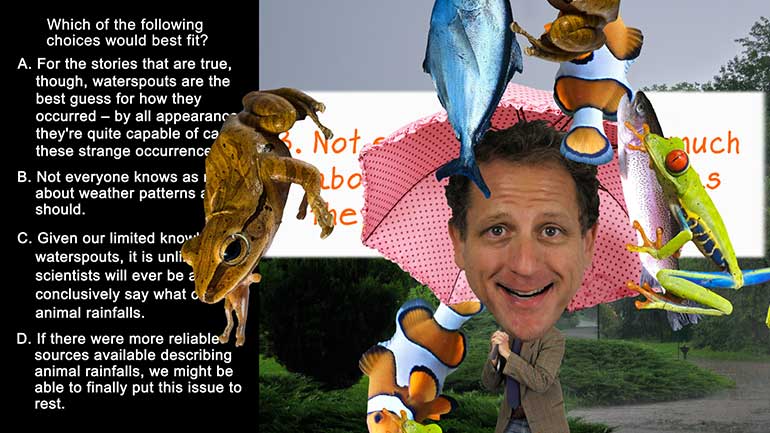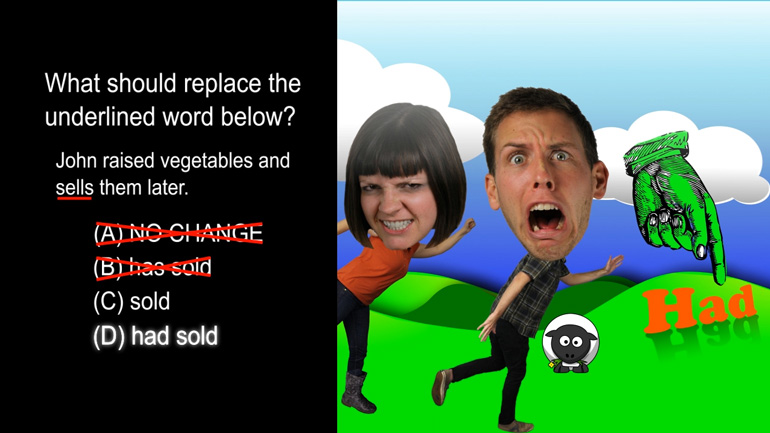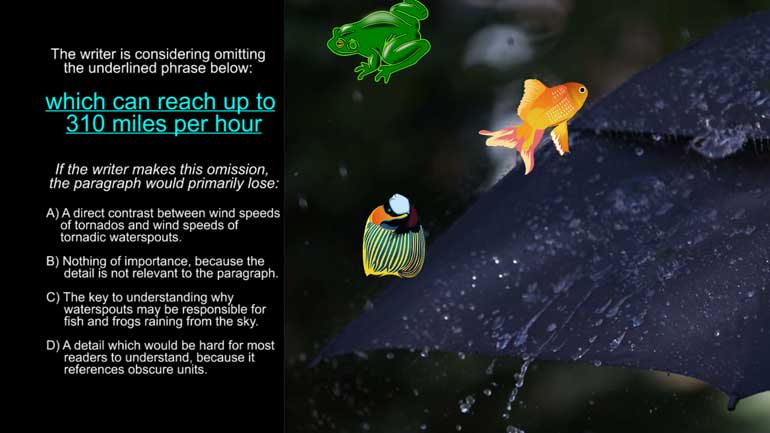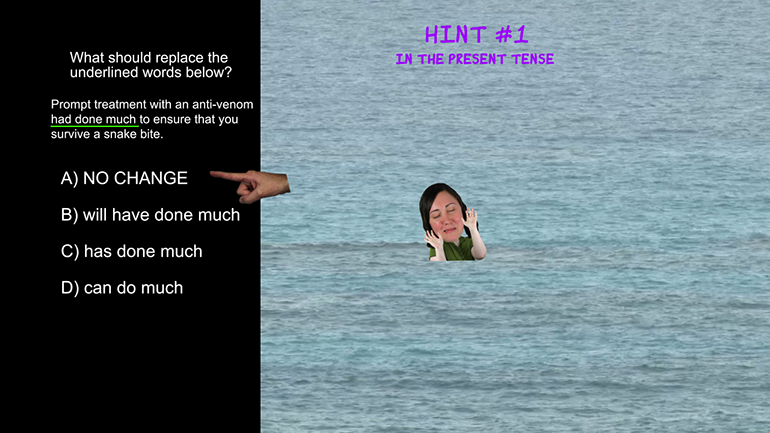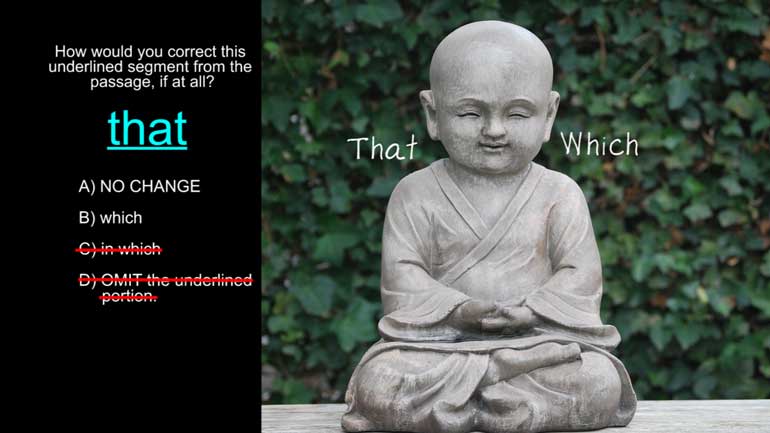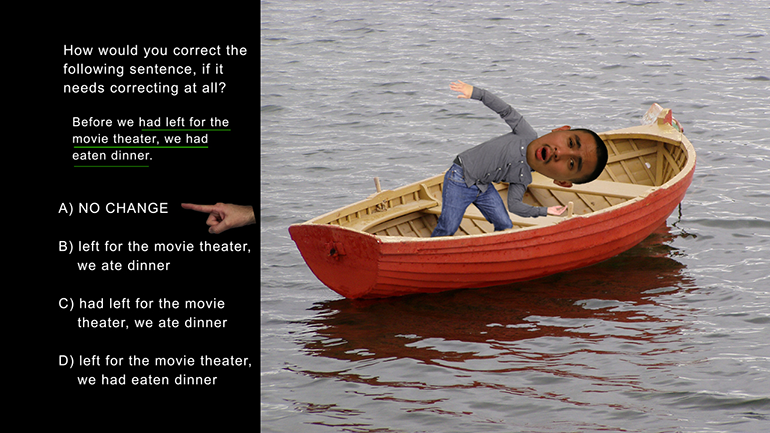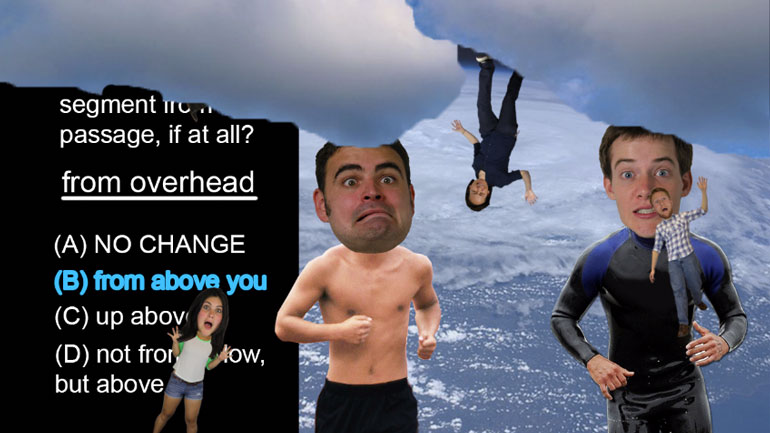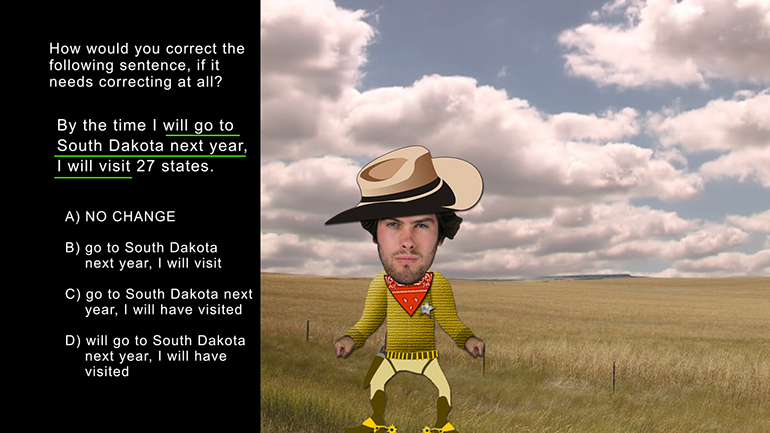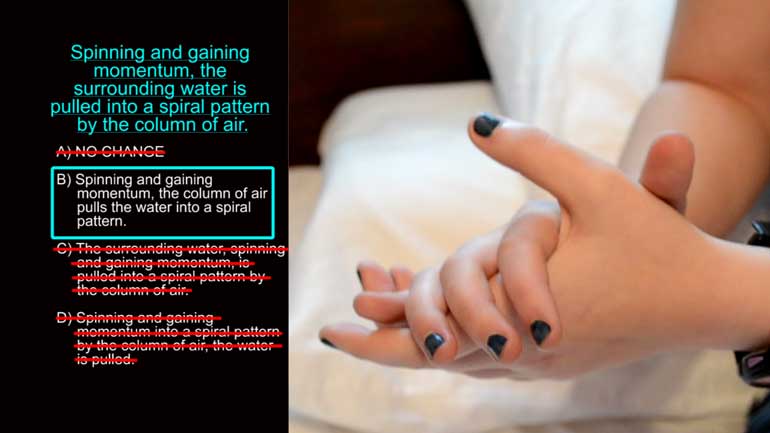ShmoopTube
Where Monty Python meets your 10th grade teacher.
Search Thousands of Shmoop Videos
ACT English Videos 157 videos
ACT English: Grammar and Usage Drill 1, Problem 1. What should replace the underlined word?
ACT English: Passage Drill Drill 1, Problem 1. Conjunctive Adverbs.
ACT English: Passage Drill 1, Problem 10. How would you correct the underlined segment from the passage?
ACT English 1.3 Organization 344 Views
Share It!
Description:
ACT English: Organization Drill 1, Problem 3. Can you find the correct transition?
- Rhetorical Skills / Organization: Sentences and Paragraphs
- Product Type / ACT English
- English I EOC Assessment / Introductory and Concluding Paragraphs
- English I EOC Assessment / Organization
- Essay Revision / Coherence, Organization, and Word Choice
- Essay Revision / Rhetorical Effectiveness and Use of Organization
- Rhetorical Skills / Organization
Transcript
- 00:04
Here's your Shmoop du jour, brought to you by first place. Or, as we like to look at
- 00:08
it, last loser.
- 00:13
What should replace the underlined portion below, if anything?
- 00:17
She was still quite upset, while she had won first prize.
- 00:30
This relationship is basically the opposite of cause-and-effect: something happened even
Full Transcript
- 00:36
though something else happened.
- 00:38
So we're looking for the transition that helps get across the idea that something a bit surprising
- 00:43
happened.
- 00:45
(A) is incorrect because "while" signals that two events happened simultaneously.
- 00:50
"Had won" is in the past perfect tense, which indicates that something happened in the past
- 00:56
before something else did...(there was a whole time sequence there)...
- 01:00
...and which means that the events in question couldn't be happening simultaneously. "While"
- 01:05
is all kinds of wrong. That is, unless some kind of multi-dimensional
- 01:09
time warp is occurring. Seems highly unlikely unless you're playing with the "Big Bang" guys.
- 01:16
(B) is incorrect because "unless" sets up a conditional relationship.
- 01:21
As we said before, this sentence isn't trying to show how one thing is caused by another
- 01:24
thing.
- 01:25
Wording like, "She knew she was going to be upset unless she won first prize," would make
- 01:32
sense, but it's unfortunately not an option here.
- 01:35
Our girl is upset even though she won, so choice (B) is nixed.
- 01:40
(C) is incorrect because "whether" is usually used to state alternative possibilities.
- 01:45
"She was upset because she didn't know whether or not she'd won first prize," would be an
- 01:52
example.
- 01:52
In the sentence at hand, however, we know that she definitely won first prize and was
- 01:57
definitely upset. There are no variables here, making (C) a no-go.
- 02:02
Choice (D) is what we've been looking for.
- 02:04
The transition word "although" correctly establishes the contrast between the two ideas, and we're
- 02:10
left to wonder why this girl would be upset, despite the fact that she won.
- 02:14
Somebody should tell her there's nothing worse than a sore winner.
Related Videos
ACT English: Punctuation Drill 2, Problem 3. Where does the semicolon fit best?
ACT English: Punctuation Drill 2, Problem 2. Where should the semi-colon be placed?
ACT English: Punctuation Drill 3, Problem 1. How should this sentence be changed so that it is grammatically correct?
ACT English: Punctuation Drill 3, Problem 2. How should we properly hyphenate the words in this sentence?
ACT English: Punctuation Drill 3, Problem 4. Which choice best formats this list of items?
